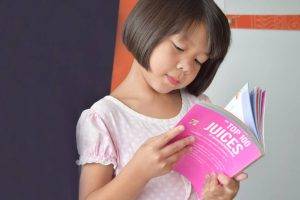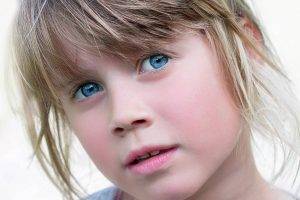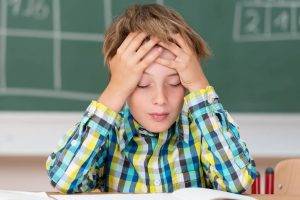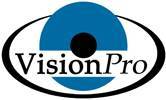 Myopia Management Starts with an Eye Exam in Spring
Myopia Management Starts with an Eye Exam in Spring
Regular comprehensive eye exams for your child at all stages of their development is extremely important to ensure a child’s vision will develop as it should and to diagnose any eye conditions that may be affecting your child. There are many eye conditions, such as strabismus and amblyopia that can be corrected easily if caught early but can do irreversible damage that will affect a child into adulthood if left undiagnosed and untreated for too long. However, one of the leading causes of ocular disease in adults that continues to progress is myopia or nearsightedness.
Myopia Control May Include:
- Orthokeratology (“ortho-k”) or Corneal Refractive Therapy
- Atropine Drops
- Multifocal contact lenses
- Multifocal eyeglasses
 Slow or Stop Myopia
Slow or Stop Myopia
While nearsightedness or myopia for many has been corrected through glasses or contact lenses, a modern concept has developed called Myopia Control. Myopia control is oriented to slow down or stop the progression of myopia since over the past few decades myopia has increased at an alarming rate. Unfortunately, the percentage of moderate to high myopia has grown in number and myopia control is becoming a major consideration for parents & their child’s eye health.
Levels of Myopia:
- Mild myopia: -0.25 to -3.00 D
- Moderate myopia: Between -3.00 to -6.00 D
- High myopia: More than -6.00 D
Nearsightedness Increases Risk of Ocular Diseases
- Cataracts:
The rate of progression of myopia has been linked to the development of cataracts. The higher the level of myopia in a child, the faster the rate cataracts can develop when they get older. - Glaucoma:
Glaucoma is when the eye develops an unusually high pressure, where this pressure can damage the optic nerve and cause vision loss. Studies have shown that nearsighted people have a 2-3x greater risk at Glaucoma. - Detached Retina:
Levels of myopia also have a correlation to detached retinas. A detached retina is when the retina pulls away from the eyes tissue, often resulting in permanent vision loss.
Myopia Control Starts with You – The Parent
Your child’s eyes are his/her gateway into the world of learning. When your child’s vision is not functioning properly, learning and participation in recreational activities will suffer. Children are not likely to recognize vision problems like myopia, and it is, therefore, the responsibility of parents and teachers to recognize signs of visual problems in their children.
Children’s Eyesight May Change, Less Often With Myopia Control
Because changes in your child’s vision can occur without you or your child noticing them, your child should visit the eye doctor every year or more frequently if specific problems or risk factors exist. Myopia control attempts to reduce the number of changes that may occur in your child’s vision. With a successful myopia control program, an eye doctor can provide your child with amazing vision, track your child’s rate of myopia, and provide a clear road to healthy eyesight and a successful future.
